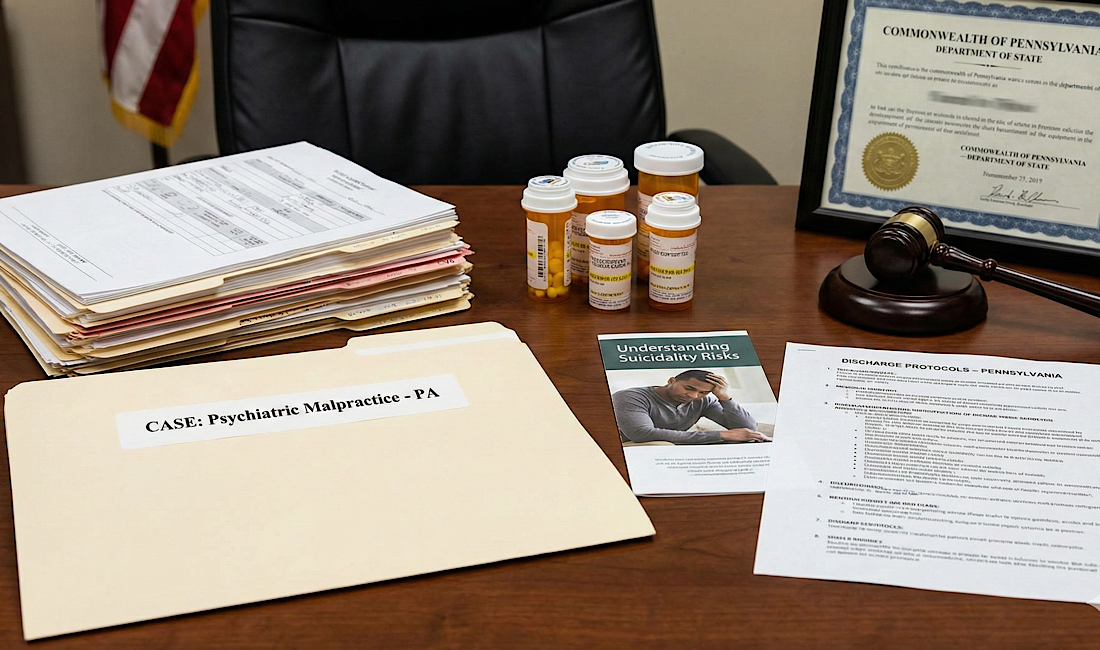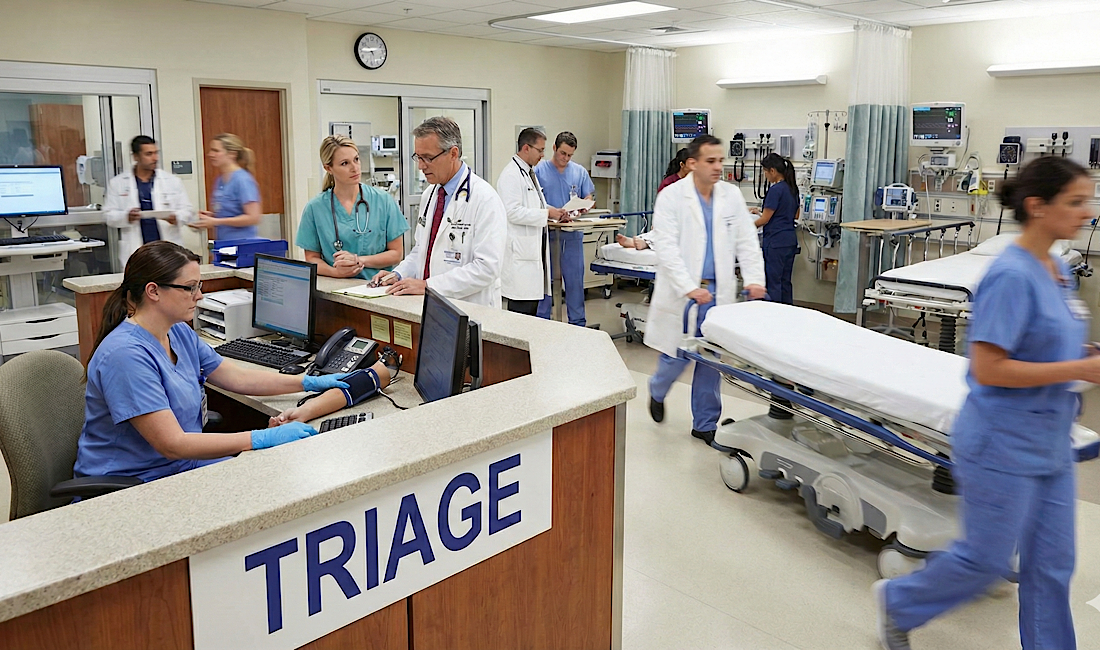When Anesthesia Goes Wrong: A Legal Guide for Surgical Injury Victims

| Type of Error | Description | Potential Injury |
|---|---|---|
| Dosage Error | Over- or under-dosing anesthesia medications | Cardiac arrest, awareness under anesthesia, stroke |
| Delayed Intubation | Failure to secure airway in time | Brain damage due to oxygen deprivation |
| Allergy Ignored | Administering drugs despite known allergies | Anaphylaxis, organ failure |
| Equipment Failure | Malfunctioning monitors or gas machines | Missed vitals, patient trauma |
| Lack of Monitoring | Inadequate observation of blood pressure, oxygen, or heart rate | Permanent brain injury, death |
| Improper Postoperative Care | Poor pain management, failure to reverse sedation | Respiratory depression, long-term complications |
Every surgery carries risk—but some outcomes aren’t just medical complications. They’re preventable errors. Among the most serious are anesthesia-related injuries, which can leave patients with long-term neurological damage, organ failure, or even death.
As colder seasons bring a rise in surgical procedures—particularly orthopedic and elective operations—hospitals often face staffing changes, increased caseloads, and tighter scheduling. These factors can amplify the chances of surgical errors, especially those involving anesthesiologists and nurse anesthetists.
If you or a loved one suffered harm during a procedure where anesthesia played a role, it’s critical to understand your rights. You may have grounds for an anesthesia malpractice lawsuit under Pennsylvania law. This guide from Frischman & Rizza outlines what can go wrong, how to recognize medical negligence, and what steps to take.
The Role of Anesthesia in Surgical Safety
Anesthesia isn’t just a sedative—it’s a critical, high-risk component of any surgical event. A licensed anesthesia provider is responsible for:
- Evaluating the patient’s health and risk factors
- Administering drugs for sedation, pain control, and paralysis
- Monitoring vital signs throughout the procedure
- Adjusting medication in real-time
- Ensuring safe emergence from sedation post-surgery
Mistakes at any stage—from preoperative clearance to postoperative care—can have catastrophic consequences.
Common Anesthesia Errors That Lead to Injury
Anesthesiology is often “behind the scenes”—but when errors occur, they can be as devastating as a surgical mistake. Even brief lapses can result in hypoxic brain injury, internal damage, or wrongful death.
When Does Anesthesia Error Become Medical Malpractice?
Not every poor outcome is malpractice. To bring a successful anesthesia malpractice lawsuit in PA, your legal team must prove:
- Duty of Care: The anesthesia provider had a medical duty to you as their patient.
- Breach of Standard: They deviated from accepted practices (e.g., ignoring monitoring signs, failing to review your history).
- Causation: Their action or inaction directly caused your injury.
- Damages: You suffered measurable harm—physical, emotional, or financial.
Hospitals and surgical centers often attempt to downplay these claims, citing “inherent risk” or “unavoidable complications.” But with a skilled legal team and expert review, it’s often possible to distinguish true malpractice from surgical unpredictability. Learn more about how to prove medical negligence and the standards required under Pennsylvania law.
How to Protect Your Rights After a Surgical Injury
If you or a loved one experienced unexpected harm following anesthesia—whether during a routine procedure or emergency surgery—take these steps as soon as possible:
- Request all medical records, including anesthesia charts, drug logs, and monitoring data
- Document all symptoms, especially neurological changes, respiratory problems, or new disabilities
- Speak with a medical malpractice attorney familiar with surgical injury cases
- Avoid signing any hospital waivers or quick-settlement agreements
- Keep track of related expenses, such as therapy, lost wages, home care, and secondary surgeries
Frischman & Rizza works with independent anesthesiologists and surgical safety experts to determine whether your care fell below medical standards. We act quickly to preserve evidence, consult medical specialists, and uncover patterns of negligence.
FAQs: Anesthesia Malpractice Lawsuits in Pennsylvania
What types of procedures are most prone to anesthesia errors?
High-risk surgeries like cardiac, spine, or emergency trauma cases carry more anesthesia complexity, but even routine outpatient procedures can go wrong.
Can I file a claim if I was awake during surgery?
Yes. Known as “anesthesia awareness,” this traumatic experience is rare but can be the result of under-dosing or poor monitoring and may qualify as malpractice.
Is the hospital or anesthesiologist liable?
It depends. In some cases, both may share responsibility. Liability may also extend to nurses, surgical staff, or equipment manufacturers.
What compensation could I receive?
Damages may include medical bills, long-term care, lost wages, pain and suffering, emotional trauma, and in extreme cases, wrongful death compensation for the surviving family.
How long do I have to file a claim in PA?
Pennsylvania generally allows two years from the date the injury occurred—or the date it was discovered. Early consultation is strongly advised.
The Stakes Are High—And So Are Your Legal Rights
Anesthesia errors don’t just alter a surgery—they alter lives. If your injury or your loved one’s suffering was caused by negligence during sedation, you deserve answers and accountability.
At Frischman & Rizza, we handle complex surgery error claims with compassion, medical insight, and legal precision. We’ve helped countless Pennsylvania families uncover the truth behind operating room failures and win the compensation they need to heal, rebuild, and move forward.
Call our Pittsburgh office today at (412) 247-7300 for a free, confidential case review. Your story deserves to be heard—and your injury deserves justice.





